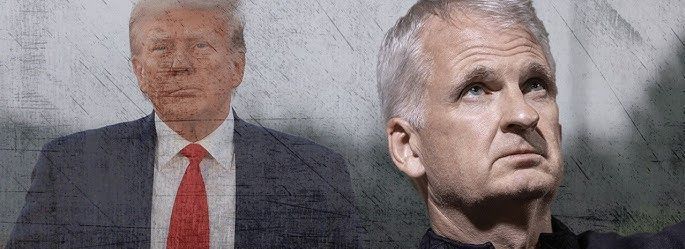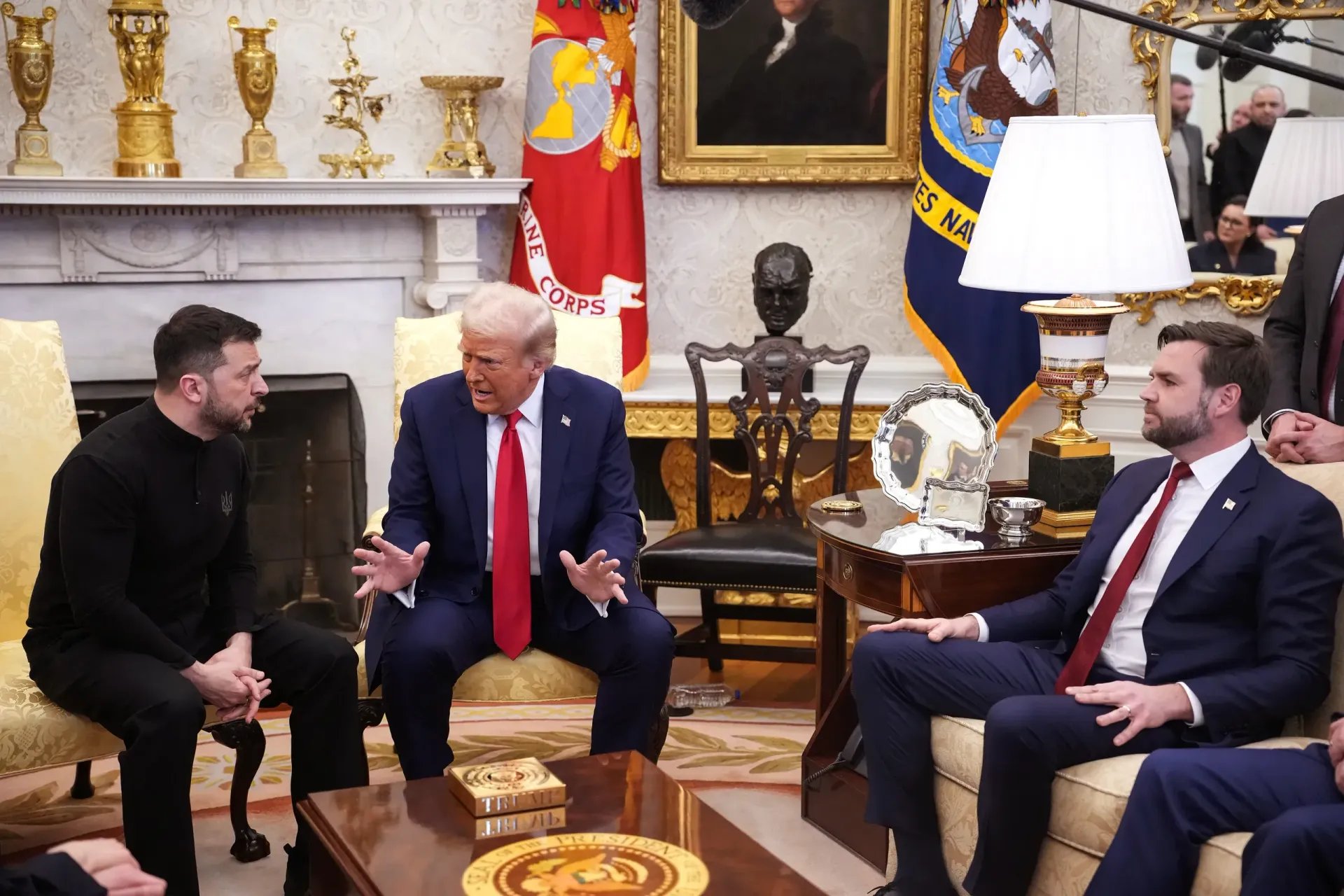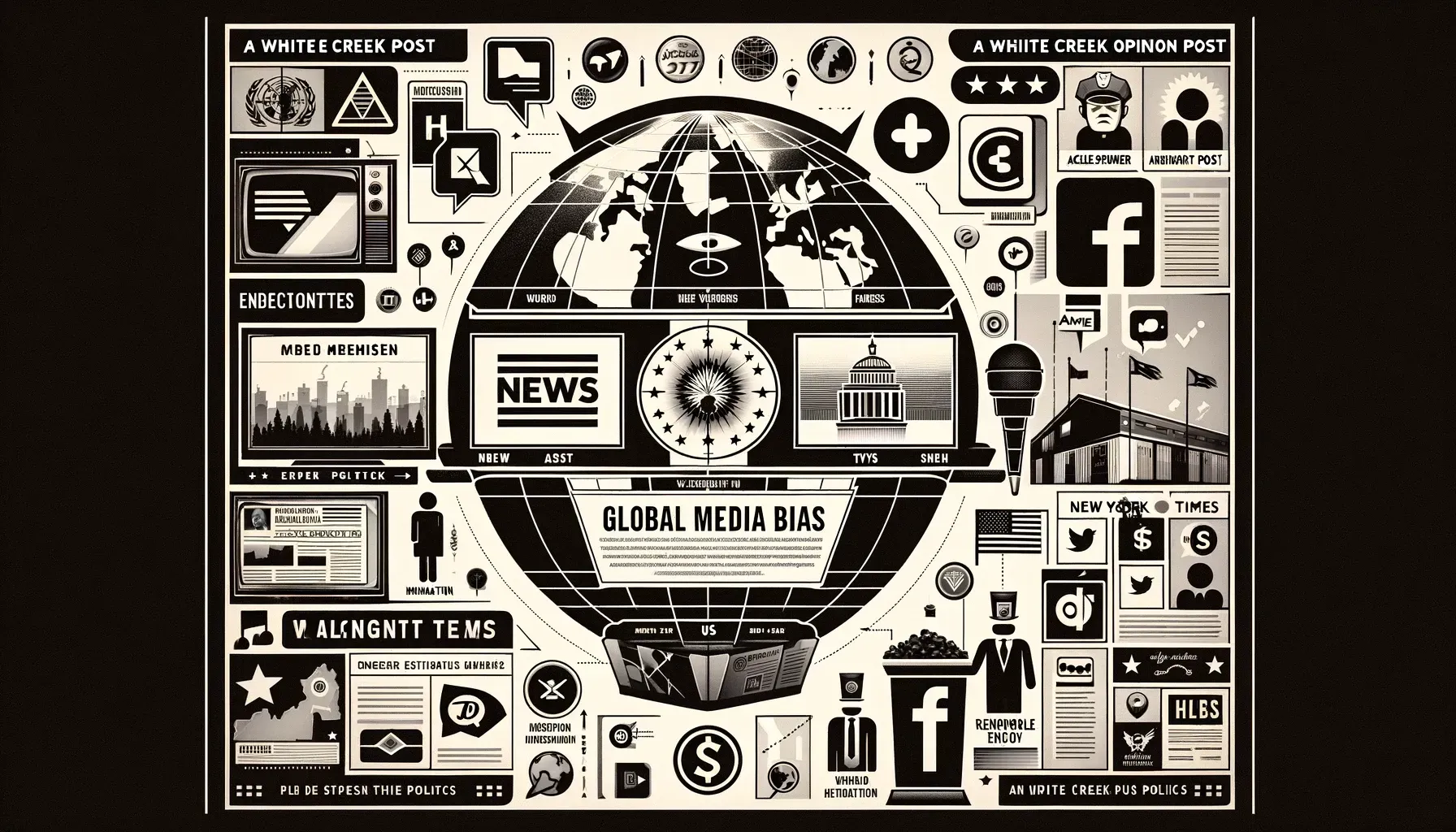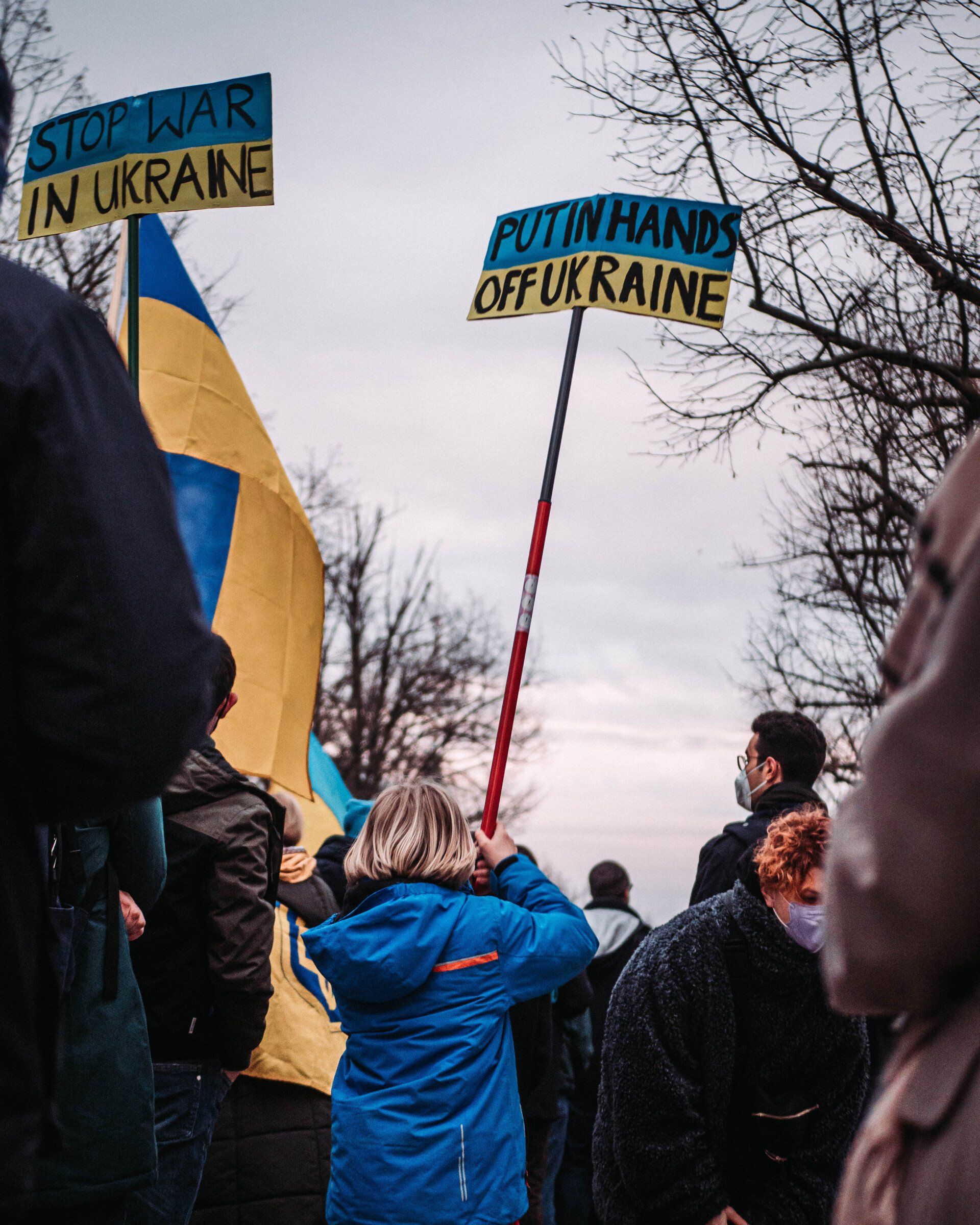Geopolitical Focus – October 2023
Geopolitical Focus – October 2023
Hegemonial Global Forces: are the Ukraine and Israel Wars part of it or merely 'saviors of democracy'? Both have a long history leading up to the recent wars, but are they not also the results of failed negotiations and disagreements in the interpretation of life philosophies? And who is genuinely in charge of determining each country's destiny? As a starting point, consider the military expenses of each country. Note that NATO made military investments to keep the Russian Federation and the rest of Europe at arm's length. However, with the fall of the Russian (USSR) Federation, NATO has become the hegemonial driver, all under the banner of democracy.
Remember the origins of the UN:
After the
Second World War, the
United Nations was established, and the five strongest
global powers (China, France, the UK, the US, and the USSR) were granted permanent seats on the
U.N. Security Council, the organization's most powerful decision-making body.
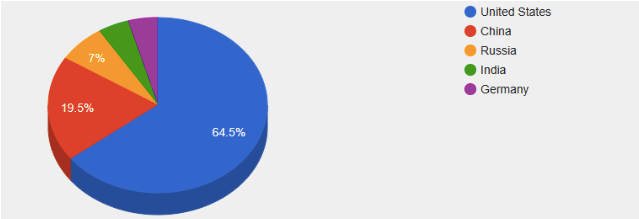
We have not only the UN but numerous institutes, such as the ISW. However, if you specifically examine their composition, anything involving Ms. Kagan (and her husband) and Mr. Kristol can only be described as proponents of war (Bush/Cheney strategists) and leaders of the anti-Trump movement. Coincidence? It's challenging to find any objective global reporting or conflict resolution that doesn't involve weapons. Or The International Institute for Strategic Studies (iiss.org), but they all seem to predict and strategize in wars. What about the 5 million American Muslims? That doesn't seem to concern anyone; they may actually side with Palestine.
The conflict was designed in 1948.
The British government publicly committed itself to the creation of a Jewish homeland. Arab nationalism opposed this plan, asserting Arab rights over the former Ottoman territories and seeking to prevent Jewish migration. As a result, Arab-Jewish tensions grew in the succeeding decades of British... Read full article here
Wars are brutal, and we know from Al Qaeda and ISIS about their barbaric understanding of war and terror. But in any war, there are no winners, and the losers are those with no way to escape. It's an ideology, so is Woke and Genderism, so is BLM and Antifa, relentless and intolerant, and it starts in pre-school. As long as the UN, EU, and all non-political organizations have roadmaps for peace and co-existence, prepare for more wars.
Do we really believe the Hamas attack came out of the blue? Should we now have reason to believe it was planned for 2 years? Do we have any questions about tracking all the equipment left in Afghanistan and shipped to Ukraine? Perhaps some of it found its way to Palestine?
But CNN is close to knowing it all, it's all Russian and Chinese obsolete stuff? And how quickly the
US had ammunition ready? Are we sure Ukraine does not profit from all the ammunition we send?
This equipment is now in a country that is controlled by the very enemy the US was trying to drive out over the past two decades: the Taliban. The Defense Department has no plans to return to Afghanistan to 'retrieve or destroy' the equipment, reads the report, which has been provided to Congress.
The US gave a total of $18.6 billion of equipment to the Afghan National Defense and Security Forces (ANDSF) from 2005 to August 2021, according to the report. Of that total, equipment worth $7.12 billion remained in Afghanistan after the US withdrawal was completed on August 30, 2021. It included aircraft, air-to-ground munitions, military vehicles, weapons, communications equipment and other materials, according to the DoD report.
The US has also transferred over 15 million rounds of Ball rifle ammunition, over 99,000 40mm high-explosive/fragmentation grenade cartridges, and about 119,000 82mm high-explosive mortar rounds to Ukraine from material that was previously procured for Afghanistan, the report states.
These munitions have been transferred to Ukraine under presidential drawdown authority, the report states.
US military equipment and weapons left behind
Aircraft worth $923.3 million remained in Afghanistan. The US left 78 aircraft procured for the government of Afghanistan at Hamid Karzai International Airport in Kabul before the end of the withdrawal. These aircraft were demilitarized and rendered inoperable before the US military left, the report states. The US military conducted its non-combatant evacuation from Afghanistan in August, primarily through that airport.
A total of 9,524 air-to-ground munitions, valued at $6.54 million, remained in Afghanistan at the conclusion of the US military withdrawal. The 'significant majority' of the 'remaining aircraft munitions stock are non-precision munitions,' the report states. Over 40,000 of the total 96,000 military vehicles the US gave to Afghan forces remained in Afghanistan at the time of the US withdrawal, including 12,000 military Humvees, the report states. 'The operational condition of the remaining vehicles' in Afghanistan is 'unknown,' the report states.
More than 300,000 of the total 427,300 weapons the US gave to Afghan forces remained in Afghanistan at the time of the US military withdrawal, according to the report. Less than 1,537,000 of the 'specialty munitions' and 'common small arms ammunition,' valued at a total of $48 million, are still in the country, the report states. '
Nearly all' of the communications equipment that the US gave to Afghan forces, including base-station, mobile, man-portable, and hand-held commercial and military radio systems, and associated transmitters and encryption devices also remained in Afghanistan at the time of the withdrawal, the report states.
Don't get me wrong, Hamas is a terrorist group, Russia the aggressor, but we do not look at the instigators. Do Russians or Palestinians not have a legitimate right to exist, or do we simply assess the Western moralizers as a superior species, and everyone must accept their expansion plans?
Hamas and
Hezbollah are not new and originated during negotiations between Israel and the PLO as responses to conflicts. Does anyone remember
Yasser Arafat and the negotiations, and the resulting failure to find solutions? It's the same with NATO. We negotiate with Iran for oil but do not make it a condition to use the money for good; we accept it to sponsor terrorists. Energy independence was a strategy and opposed in the 2020 US election, with the Kaplans and Kristols, and we exchanged it for a war. There's no way Russia or Iran would have the funds for wars without oil.
But with Rabin's assassination by a Jewish extremist in November 1995 and the election in May 1996 of Benjamin Netanyahu—leader of the Likud, a right-wing political party, and an opponent of the Oslo Accords—as prime minister, relations grew strained. Negotiations became deadlocked, even after an intervention by Clinton, who arranged a summit meeting with the two leaders at the Wye Plantation in eastern Maryland in 1998. Negotiations were revived after the election of Israel Labour Party leader Ehud Barak as prime minister in 1999, but in a very tense context. The unabated continuation of settlement activity—some 100,000 more settlers arrived in the West Bank between 1993 and 2000 (without taking Jerusalem into account)—created great discontent among the Palestinians and strengthened the Ḥamās opposition to the Oslo Accords. For his part, Arafat proved unable to create the structures of an independent state (for reasons linked with his own shortcomings and with the fact that most of the West Bank and Gaza Strip were still occupied).
In July 2000 Clinton convened a summit at Camp David in northern Maryland, where the historic Camp David Accords between Israel and Egypt had been negotiated in 1978. The aim was to find a final agreement to the Israeli-Palestinian conflict after five years of Palestinian self-rule. The summit was hastily prepared, however, and, since the most contentious issues—the question of the right of return for Palestinian refugees, control of Jerusalem, borders, and Jewish settlements in the West Bank and Gaza Strip—were being discussed for the first time, it was unlikely that these sensitive and complex matters would be resolved quickly. From the beginning, Arafat was suspicious of the summit and its timing, and although some progress was made, in the end, there was no final settlement.
Negotiations continued after the failure at Camp David, but a visit by Likud leader Ariel Sharon to the Temple Mount in Jerusalem in September 2000 sparked the second intifāḍah, and the dwindling talks ground to a halt. A spiral of harsh repression by the Israeli army and violence by different armed Palestinian groups subsequently led to both sides’ total loss of confidence in the peace process. In spite of the January 2001 negotiations at Ṭābā, Egypt, which were held independently of the United States and made important progress, the Barak government lost the February 2001 general elections and Sharon—a strong opponent of both the Oslo Accords and the creation of a Palestinian state—was elected prime minister. 'We have no partner for peace' was once more the general sentiment of many Israeli political parties.
Arafat lost much of his diplomatic credibility with the West after the election of U.S. Pres. George W. Bush in November 2000 and the launch of the 'war on terror' in 2001, which followed the September 11 attacks on the World Trade Center in New York City and the Pentagon in Washington, D.C. In 2001, following suicide attacks in Israel that Sharon blamed Arafat for instigating, Arafat was confined by Israel to his headquarters in Ramallah. In October 2004 Arafat fell ill and was transported to Paris for medical treatment, where he died the following month. Fatah later passed a unanimous resolution that held Israel responsible for Arafat's death.
I found this article in the Times of Israel interesting as it is currently questioned if the declaration of Independence was created by an unelected body?
Did an unelected body create the Declaration of Independence?
The People’s Council that drafted and signed Israel’s Declaration of Independence was not elected as a council, Naor said, but it did pull its membership from other elected bodies, as well as solicit appointments from the community.
And here's the question of whether Israel is a Jewish State or a Democracy?
At the same time, the document pledges that the state of Israel would be faithful to the U.N. charter, protecting the rights of all minorities: 'The State … will be based on freedom, justice, and peace as envisaged by the prophets of Israel; it will ensure complete equality of social and political rights to all its inhabitants irrespective of religion, race, or sex.'
David Ben-Gurion, Israel’s first prime minister, suggested that once the country was created, Zionism would wither away. The nation, as a Jewish state with laws that protect minorities, would resolve the contradictions inherent in Zionist ideology.
But as long as the majority of Israelis felt a sense of existential threat – both from neighboring Arab states and dire economic conditions – Zionism continued to provide a unifying ideological umbrella to most Israelis.
After 1967, a transformation
In the aftermath of the 1967 Six-Day War, when Israel conquered the Sinai Peninsula from Egypt, the West Bank from Jordan, and the Golan Heights from Syria, the country emerged as a regional military and economic power.
It was a time of significant social, political, and economic change.
A growing number of Israelis – especially those from the more secular, upper classes – began to question the country’s particularism, which conceived of the country as a shelter for Jews that would protect them from external threats. For these upwardly mobile Israelis, known as the post-Zionists, the founding myths of a vulnerable young state no longer seemed relevant.
They wanted Israel to become a fully normal part of the American-led global order. They believed the country should integrate into the region by resolving the conflict between Jews and Arabs. And they wanted to participate in the global economic market as the country transitioned from a state-run economy to the free market.
Here's a link to all the wars in the region, and here's a view from Reuters:
In the war that followed, some 700,000 Palestinians, half the Arab population of what was British-ruled Palestine, fled or were driven from their homes, ending up in Jordan, Lebanon, and Syria, as well as in Gaza, the West Bank, and East Jerusalem.
Hopefully, we can find a diplomatic resolution soon, but it must be a lasting one. Genocide in Palestine is as unjustified as any genocide. And rest assured, once the Israeli ground troops arrive, all Hamas will wear civilian clothing. Yes, fret about it; it's a fact known for years. But have we learned nothing?
In all the global reporting, the war in Ukraine has become a sidecar, no longer important as we may lose it. See Jeffrey D. Sachs' analysis.
We are entering the end stage of the 30-year U.S. neoconservative debacle in Ukraine. The neocon plan to surround Russia in the Black Sea region by NATO has failed. Decisions now by the U.S. and Russia will matter enormously for peace, security, and the well-being of the entire world. Four events have shattered the neocon hopes for NATO enlargement eastward, to Ukraine, Georgia, and onward. The first is straightforward. Ukraine has been devastated on the battlefield, with tragic and appalling losses. Russia is winning the war of attrition, an outcome that was predictable from the start but which the neocons and mainstream media continue to deny.
The second is the collapsing support in Europe for the U.S. neocon strategy. Poland no longer speaks with Ukraine. Hungary has long opposed the neocons. Slovakia has elected an anti-neocon government. EU leaders, including Macron, Meloni, Sanchez, Scholz, Sunak, and others, have disapproval ratings far higher than approvals.
And Russia has offered to negotiate peace between Israel and Hamas, says Palestine.
To this end, Moscow must maintain dialogue with, but also at an equal distance from, both sides. 'There is no doubt that the acts that can only be described as terrorism are to be condemned. But we must also not forget what the precursors of this situation were,' he said.
On Tuesday, the Kremlin had already confirmed that it would continue its contacts with the Palestinians. Russian President Vladimir Putin will also receive the President of the Palestinian Authority in the West Bank, Mahmoud Abbas, during his visit to Moscow, which was agreed upon before the start of the war, it said.
Perhaps it's time to reconsider the hegemonial approach and become servant leaders, all-inclusive, without an ideology but with respect for all human beings?

